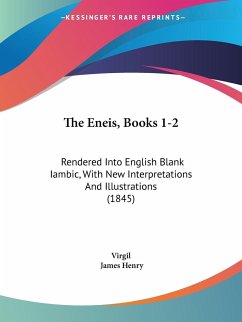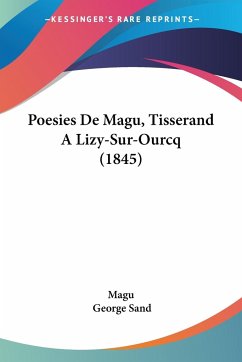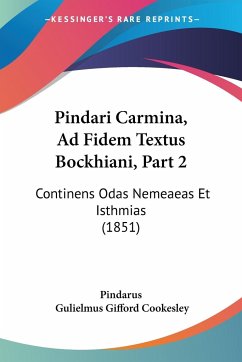P. Virgili Maronis Carmina (1845) is a book written by the ancient Roman poet Virgil, also known as Publius Vergilius Maro. The book is a collection of his poems, including the famous epic poem, the Aeneid, which tells the story of the Trojan prince Aeneas and his journey to Italy to establish the Roman Empire. Other poems in the collection include Eclogues, which are pastoral poems that explore themes of love and nature, and Georgics, which are didactic poems about agriculture and rural life. The book is written in Latin and has been translated into many languages over the years. It is considered one of the greatest works of Roman literature and has had a significant influence on Western literature and culture.This scarce antiquarian book is a facsimile reprint of the old original and may contain some imperfections such as library marks and notations. Because we believe this work is culturally important, we have made it available as part of our commitment for protecting, preserving, and promoting the world's literature in affordable, high quality, modern editions, that are true to their original work.
Hinweis: Dieser Artikel kann nur an eine deutsche Lieferadresse ausgeliefert werden.
Hinweis: Dieser Artikel kann nur an eine deutsche Lieferadresse ausgeliefert werden.








